PepsiCo, the multinational food and beverage giant, faced a notable setback in its North American sales, experiencing a decline of approximately 3.5% during the last quarter of 2023.
The company attributed this downturn to a combination of factors, with the primary contributor being the reluctance of consumers to embrace higher product prices.
Increased Prices Are Negatively Impacting Pepsi’s Performance
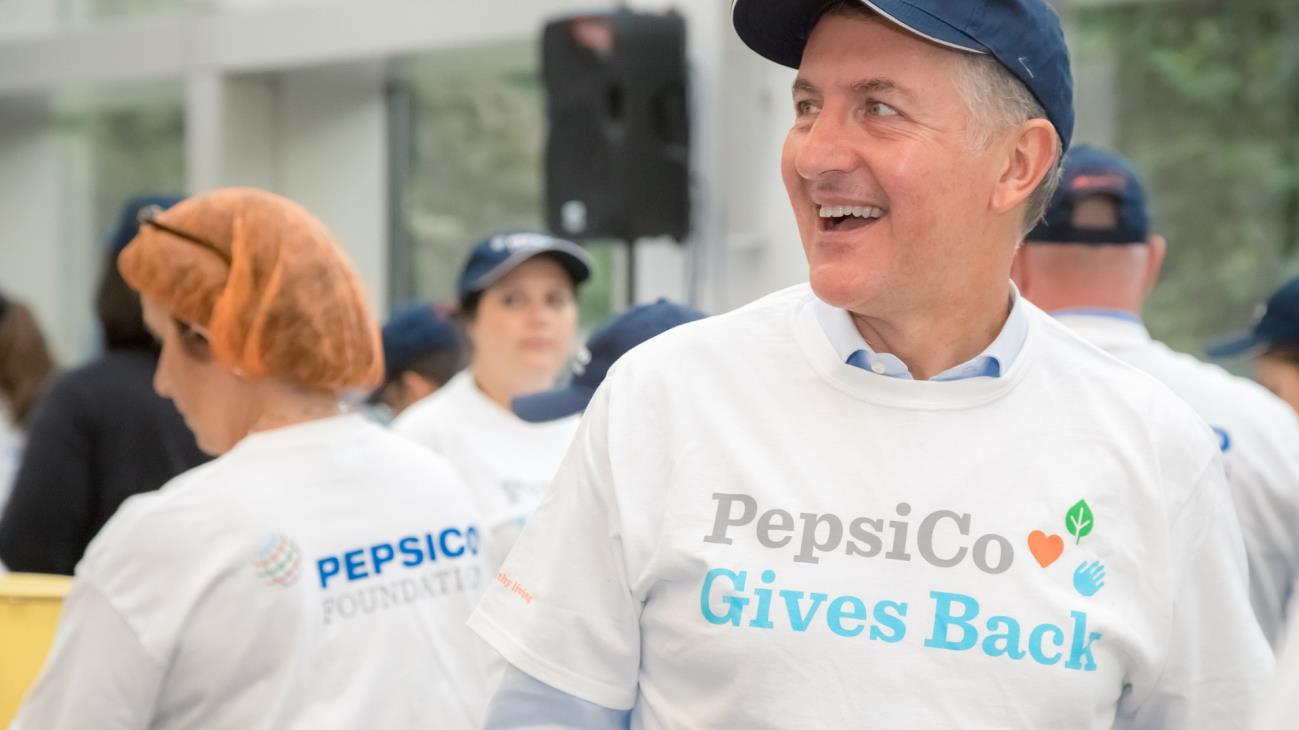
CEO Ramon Laguarta acknowledged this during the earnings call, indicating that the increase in prices negatively impacted the company’s performance.
It appears that this price hike has created a ripple effect across both the food and beverage categories.
Price Hikes Have Been Necessary
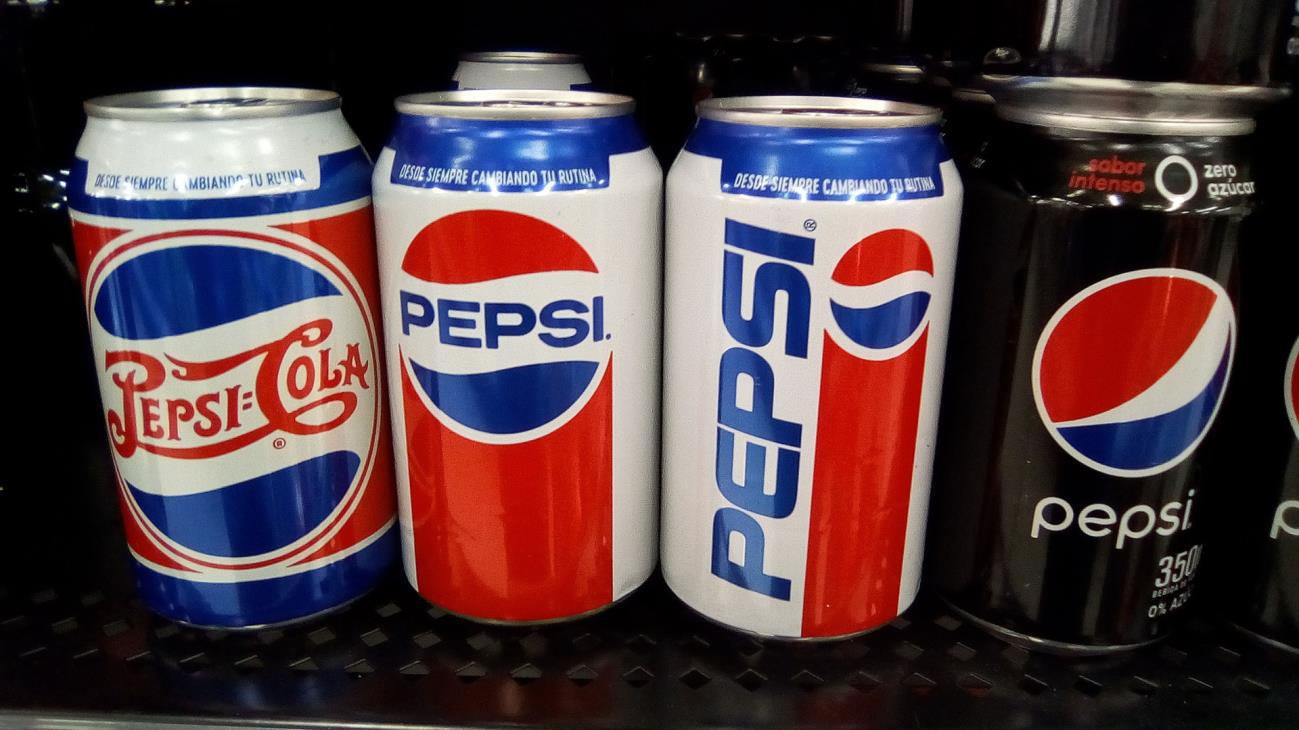
The strategic decision by PepsiCo to implement price hikes in recent years was driven by the necessity to offset escalating costs of ingredients and navigate supply-chain disruptions.
However, the consequences of this pricing strategy became evident in the fourth-quarter results, reflecting a tangible slowdown in sales.
Quaker Foods Experiences 15.7% Sales Decrease

The impact extended across key PepsiCo brands, including Frito-Lay, PepsiCo Beverages, and Quaker Foods.
Notably, Quaker Foods experienced a substantial sales decrease of 15.7%, albeit being the smallest of PepsiCo’s three North American subsidiaries.
PepsiCo Has a Cautious Outlook for 2024
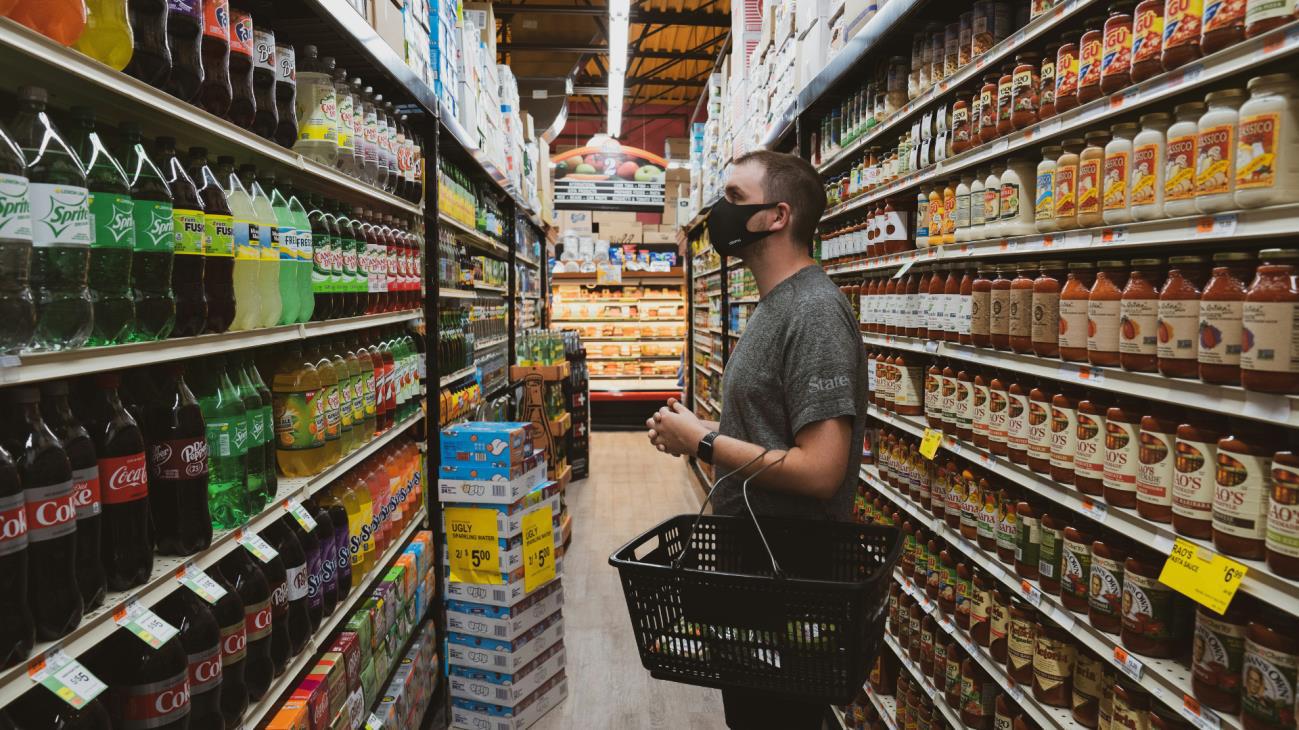
The challenging sales environment prompted PepsiCo to lower its guidance, signaling a cautious outlook for the year ahead.
Laguarta acknowledged that the company anticipated the existing trend of reduced consumer engagement to persist into 2024. Despite this, PepsiCo remains optimistic about the future, citing favorable economic indicators such as low unemployment levels and an expected increase in wages outpacing inflation. Additionally, the company anticipates a potential boost in disposable income if interest rates decline by summer.
PepsiCo Navigates Shifting Consumer Behaviors
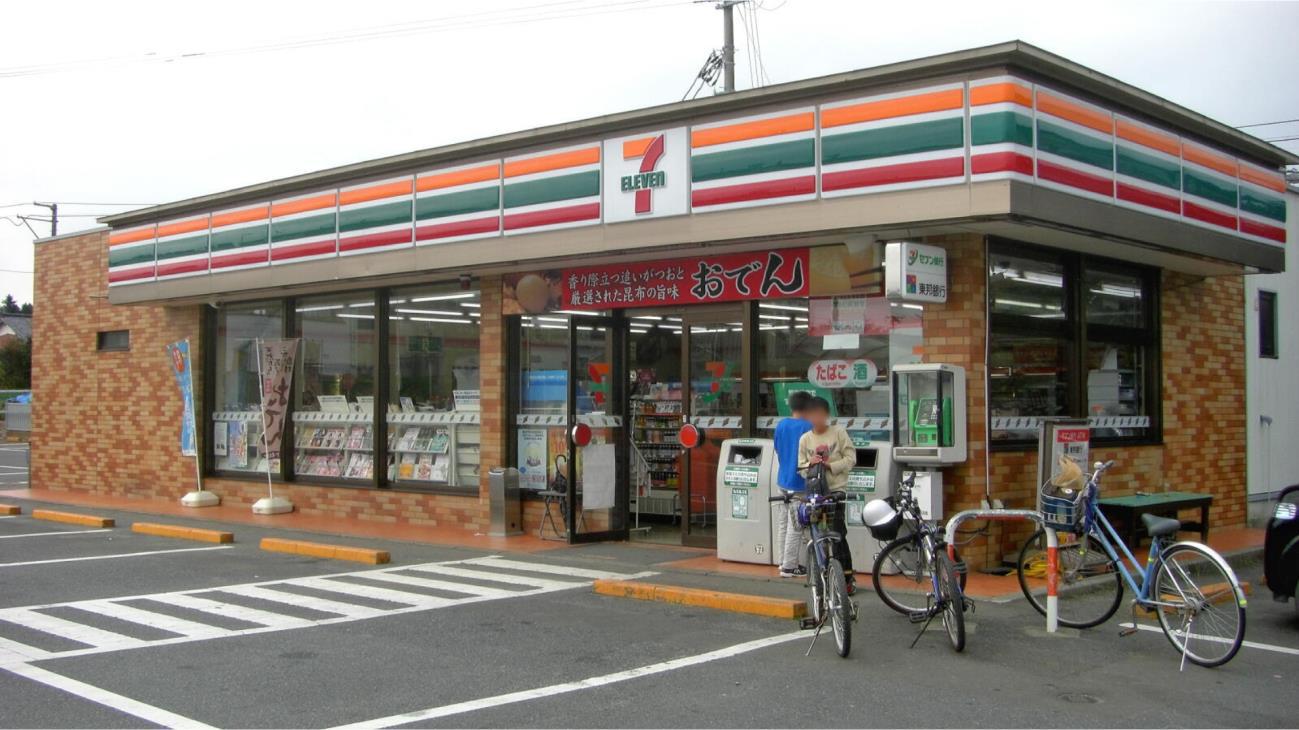
As the company navigates shifting consumer behavior post-pandemic, PepsiCo highlighted a transition in sales from in-home to away-from-home channels, particularly in convenience stores.
Laguarta emphasized that the portion sizes in these outlets differ significantly, with consumers favoring single-portion servings for on-the-go consumption.
Pepsi Will Discontinue Less Profitable Products
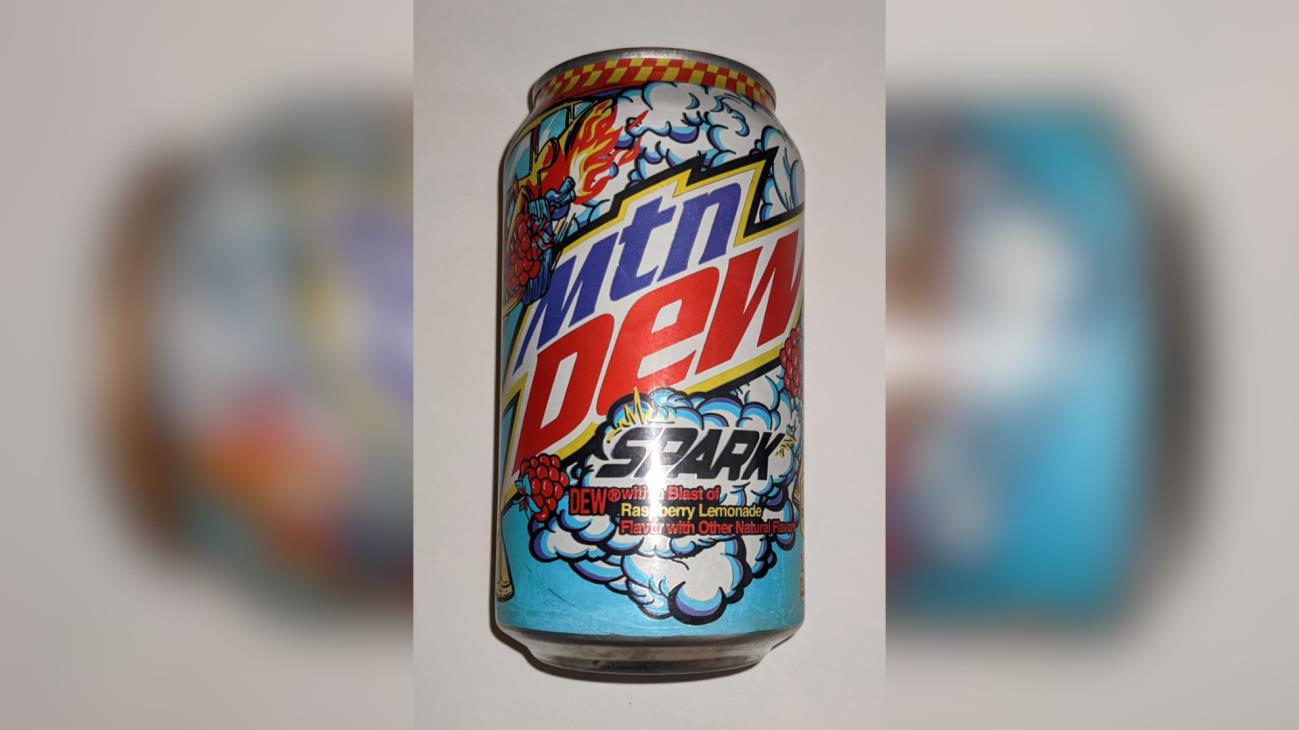
To adapt to evolving market dynamics, PepsiCo expressed its commitment to optimizing its brand portfolio, discontinuing less profitable products.
Recent actions include discontinuing certain bottled water and larger multi-serve bottles, as well as the cessation of sales for Mountain Dew Energy.
Pepsi Zero, Baja Blast, and Starry Are Key Performers
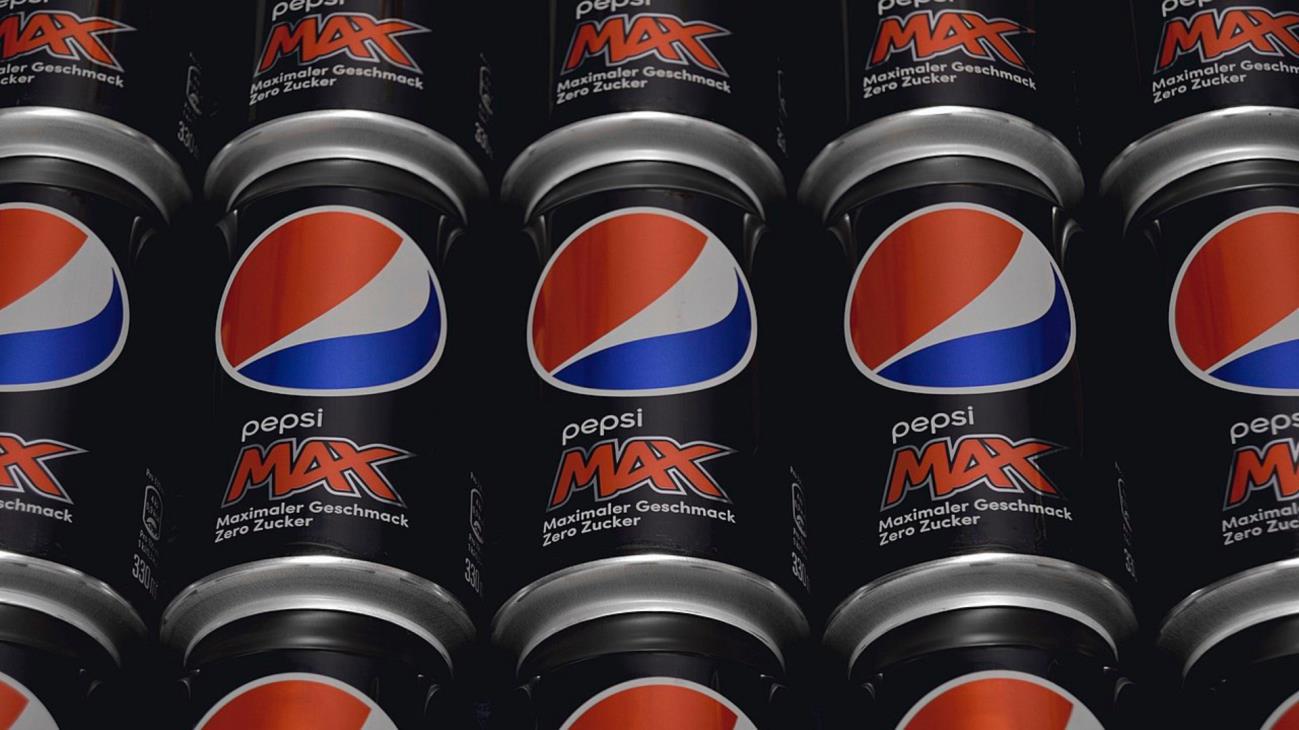
Within its product lineup, PepsiCo is strategically focusing on key performers. Laguarta highlighted the success of Pepsi Zero, the zero-calorie, no-sugar variant of the iconic Pepsi brand, which has witnessed rapid growth.
Mountain Dew’s Baja Blast flavor, initially exclusive to Taco Bell, is poised to become a year-round retail offering in the U.S., reflecting PepsiCo’s responsiveness to consumer preferences. Additionally, the introduction of Starry, a caffeine-free lemon-lime drink targeting Gen Z consumers, has garnered positive reception and generated repeat purchases.
What is the Starry Soft Drink?
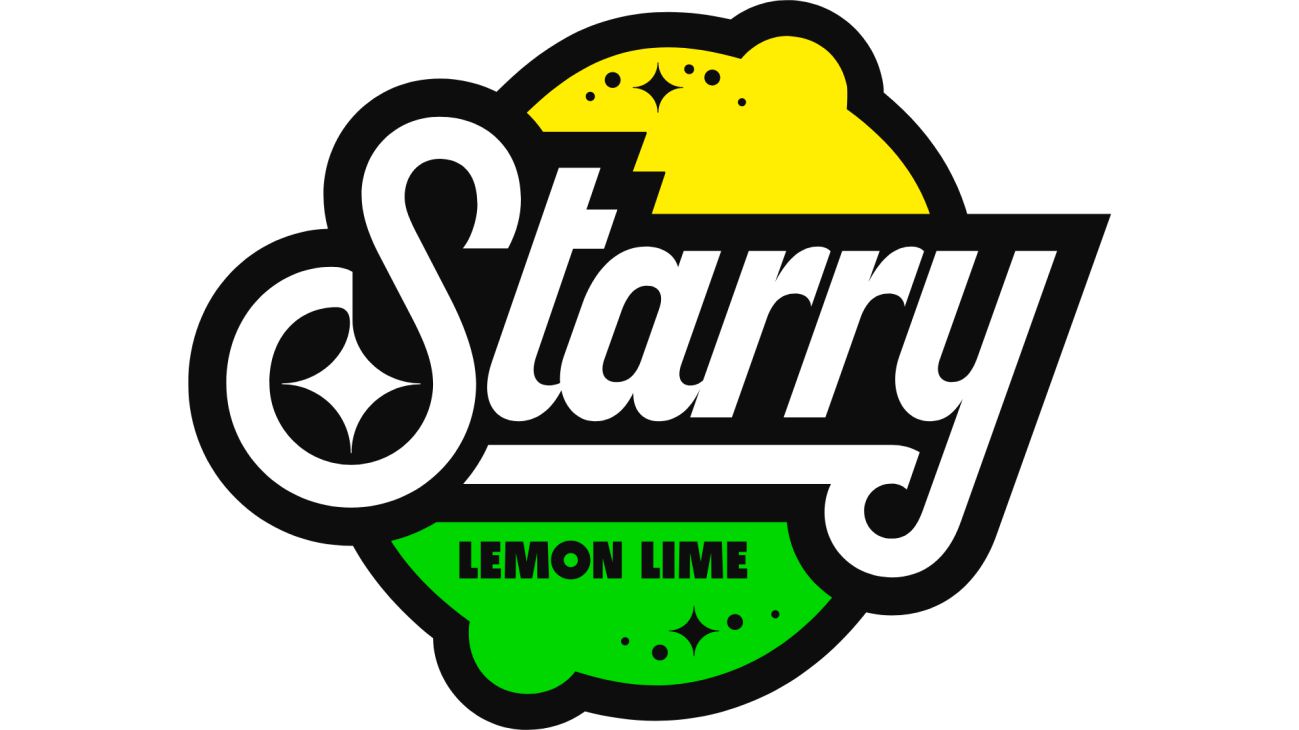
Launched in January 2023, Starry serves as a successor to Sierra Mist, Pepsi’s former lemon-lime flavored beverage.
Positioned to rival established brands such as Sprite and 7 Up, Starry addresses the shortcomings of its predecessor, Sierra Mist, which struggled to secure a significant market share. Starry has been strategically designed to capture the attention and preferences of a Gen Z target demographic.
Net Revenues in Latin America Surge 18%
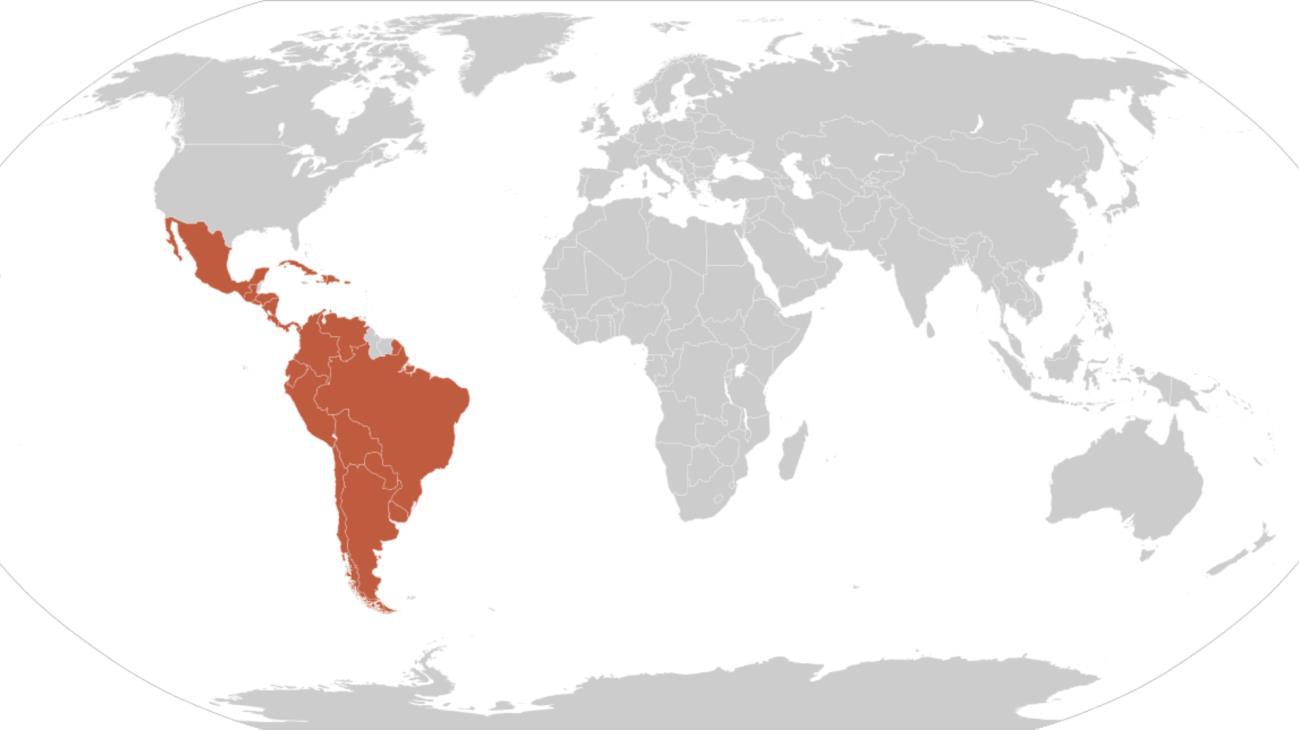
While North American sales faced headwinds, PepsiCo experienced a contrasting performance in Latin America, where net revenues surged by approximately 18%.
However, other geographical segments, including Europe, Africa, the Middle East, South Asia, and the Asia Pacific region, exhibited slight declines in sales.
Pepsi’s Challenges Indicative of Broader Industry Trends

The challenges faced by PepsiCo resonate with broader industry trends, as evident in the decision by French grocery-store chain Carrefour to cease selling PepsiCo products due to perceived high prices.
The prevailing economic landscape, marked by labor shortages and supply-chain disruptions during the pandemic, has led to increased costs for retailers and restaurants, prompting customers to push back against price hikes. Notably, fast-food giant McDonald’s acknowledged that elevated prices were negatively impacting customer engagement.
Pepsi’s Plight Highlights a Delicate Pricing Balance

PepsiCo’s fourth-quarter results highlight the delicate balance companies must strike when implementing pricing strategies.
While necessary to manage operational challenges, price increases must align with consumer expectations and economic realities. PepsiCo’s proactive portfolio optimization and strategic focus on successful products reflect its adaptability to changing market dynamics. As the company navigates the coming year, economic indicators and consumer sentiment will play pivotal roles in shaping its trajectory.
